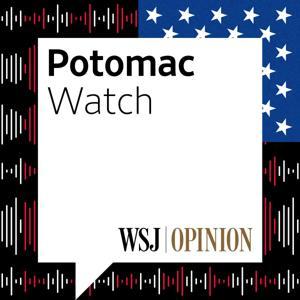
Sign up to save your podcasts
Or



By Hoover Institution





4.6
480480 ratings



The podcast currently has 405 episodes available.










The podcast currently has 405 episodes available.

2,759 Listeners

2,853 Listeners

4,275 Listeners

2,114 Listeners

705 Listeners

78 Listeners

984 Listeners

1,399 Listeners

5,167 Listeners

4,875 Listeners

496 Listeners

22 Listeners

132 Listeners

2,007 Listeners

2,830 Listeners

31 Listeners

693 Listeners

595 Listeners

1,068 Listeners